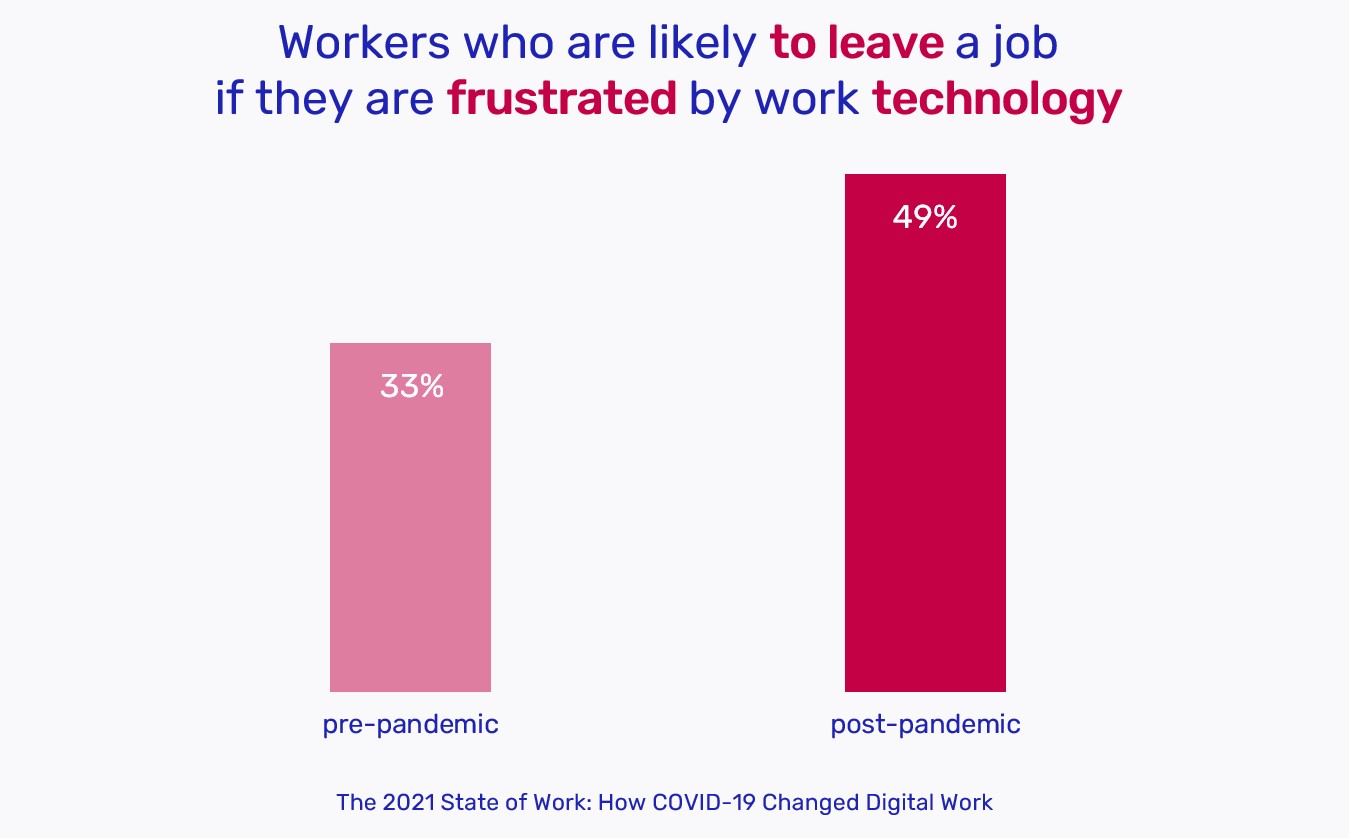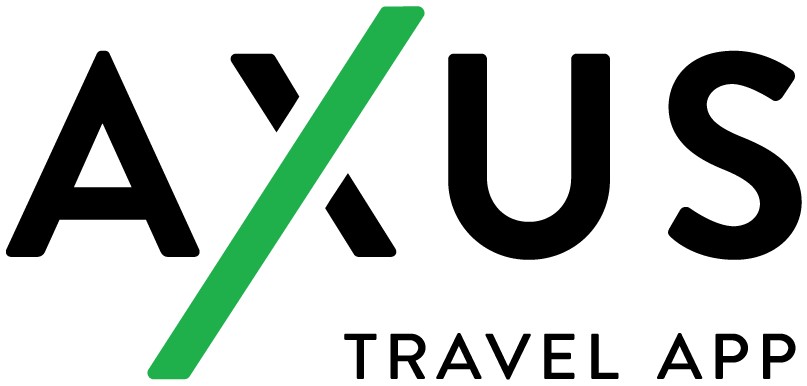
Travelling has always been a great passion for many people around the world, and the pandemic has only left a small pause on our way to travelling again. Most of the current travellers want to do it individually and no longer only in groups. This leads to new requirements for travel agencies and new challenges.
Unfortunately, the travel industry experiences a large staff shortage after the demand has increased. Many workers have taken the time to train in another industry during the pandemic. This shortage is critical for many travel agencies. They cannot fulfil all requests from potential clients, and thus suffer loss of business.
Risks involved
The risk with too few or too unqualified staff is that the overall quality will drop, and the know-how will be lost. For incoming travel agencies, which consider their individuality and service as their most important selling point, this risk is not sustainable.
In the travel industry, it is common to underestimate the importance of employee management. As a result, many agencies do not have enough staff to handle all incoming requests. In addition to that, many agencies are not aware of the different skill levels of their employees and invest in training to match those skills with the right tasks.
The effect on your business:
- Lower revenue due to missed bookings
- Lower revenue per booking due to less qualified staff members
- A bad reputation as being “expensive” or “unreliable” due to missed bookings
- Lower productivity due to poor workflow management
Become a better employer
The question is how to attract good employees in the market. Working in a travel agency has to become more engaging. That means less manual work, concentrating on the beautiful side of the travel business, advising customers and presenting yourself to them in the best possible way.
Travel agencies also need to find ways to work smarter. Rather than only hiring more people, they should look for ways to make fewer employees work more productive. For example, they can use tools like advatra that help workers manage their time more efficiently, so they can spend less time on administrative tasks and more time providing customer service.
In addition, travel companies can reduce the amount of time it takes for employees to do their jobs by automating processes such as billing and invoicing.

Nearly half of workers are likely to leave a job if they are frustrated by work technology (up from 33% prior to the pandemic). The 2021 State of Work: How COVID-19 Changed Digital Work
Know-how transfer
A big advantage of using integrated software like advatra is that it helps reduce the risk of losing knowledge from one employee to another. This is because there is one source of information for all employees in the company.
The system also makes sure all data is stored in one place, and it is easily accessible by everyone who needs it. Employees do not have to go through different sources to get information about their customers or how much money they made during a particular period of time. This helps to reduce stress levels and increase staff productivity, which ultimately leads to better customer service.
Shorten the training
If you are lucky enough to find new employees, it takes a lot of time and effort to train them before they can start working on their own. If they do not know how things work in your company, they might make mistakes or cause delays in their work. They also need to build up a lot of knowledge about your experience and best advices. Because thats what sets you apart from other agencies.
With an integrated software, employees will not have to spend time learning how things work because everything is already there for them!
You can get more out of your travel agency with the right software, creating better customer service and pulling in even more business.













